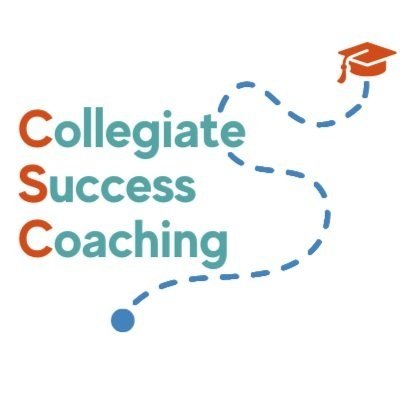More than Grades: Seeing your Student's Character Strengths
It’s about that time in the semester that parents anxiously await grade updates from their college students. Enough of the semester has passed to produce more than a few graded assignments. While professors are, in general, notoriously behind in grading and entering grades into Learning Management Systems, by mid-term, a student should have enough information to make an educated estimate about their progress in a course. Of course, for some students and for some courses, this is encouraging news. For other students and for other courses, the news can be equally discouraging.
These can be difficult conversations. Parents rightly have high expectations for their young adults. College is expensive, and parents want to see a return on their investment in the form of earned credit hours, an upward-climbing GPA, and a happily engaged learner. But for first-year students, especially, the transition to college is its own challenge, and adding a global pandemic to flat, asynchronous classes can equal less than stellar outcomes. For upper division students, course content gets harder and assignments more intense. Add the loss of a thriving social life, and students may not be flourishing as well as they once were. When these “report card conversations” happen, it’s important to maintain perspective. One way to do that is (to try) to limit your measure of student success by grades only. Consider the many positive outcomes that simply cannot be tied to a metric.
One way to frame your student’s success and growth is to consider all of their strengths, not just the ones measured by achievement. Positive Psychology, the study of human flourishing rather than the study of a human disease model, identifies 24 character strengths that are universal to our human experience. Its founder, Dr. Martin Seligman, used these strengths, finding them universally present in cultures around the world, to develop the PERMA model of human flourishing and happiness. It is the character strengths that are the pathways to PERMA. Seligman says this: “these twenty-four strengths underpin all five elements, not just engagement: deploying your highest strengths leads to more positive emotion, to more meaning, to more accomplishment, and to better relationships” (Seligman, 2011, p. 24).
Thinking about your student before the report card conversation, consider the following questions that are linked to your student’s expression of their strengths:
Positive Emotions - Does your student both express and receive the basic positive emotions that make life enjoyable and fulfilling?
Engagement - Does your student become engrossed in learning things that really interest them? Do they get “fired up” about ideas presented in class, co-curricular settings, or through creative pursuits?
Relationship - Does your student form and maintain positive connections with others, like friendships, a romantic partnership, extended family members, or sibling relationships?
Meaning - Does your student express a connection to a larger purpose in life?
Accomplishments - Does your student demonstrate success in some endeavor, academic or otherwise? Does your student express an awareness of growth between their achievement toward their full potential?
Reframing success as increments of growth within the PERMA model may help keep academic setbacks in perspective and keep your student’s growth and maturity at the forefront. The answers to these questions can gently point toward needed changes in habits, attitudes, beliefs, and expectations that can be paired with academic life coaching or to the right campus support services. With honest answers and targeted support, students can increase flourishing across all domains of the model, not just the accomplishments, and that is something a parent can truly take pride in.
Anyone can take the free version of the VIA Character Strengths Assessment.

